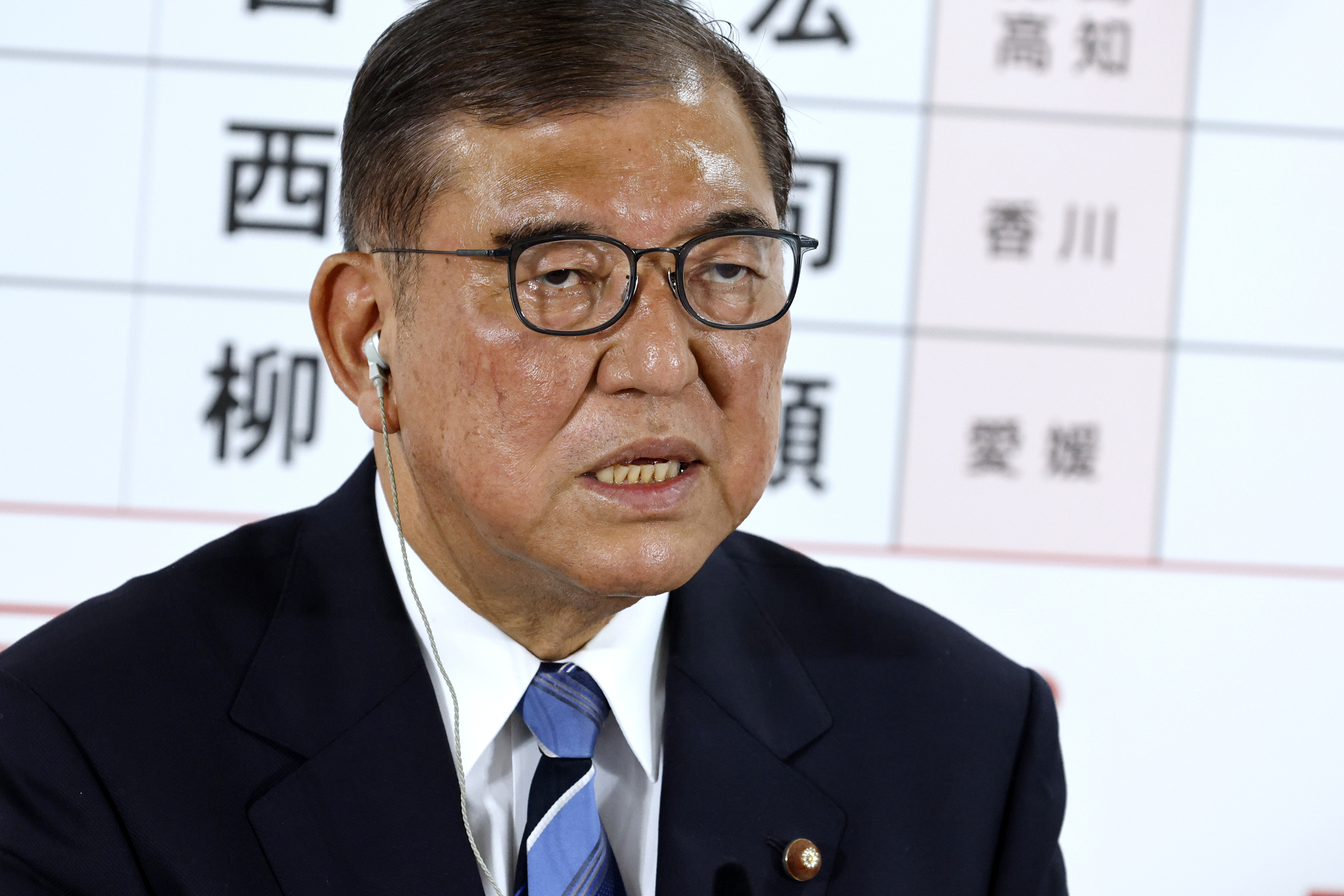After an electoral debacle in the Senate elections and a satisfactory outcome of tough trade negotiations with Donald Trump, the Prime Minister of Japan, Shigeru Ishiba, is reportedly planning to resign at the end of August, as reported by several Japanese media outlets.
The newspaper Mainichi, Japan's oldest daily, stated that on Tuesday night, Ishiba informed his closest advisors of his decision, three days after the ruling coalition, led by his conservative Liberal Democratic Party (LDP), lost the majority in the Upper House.
The news comes just after the United States and Japan announced on Wednesday that they had reached a "massive trade agreement" that will maintain U.S. tariffs at 15%, down from the 25% that Trump had announced earlier in the month. In a post on Truth Social, the U.S. President stated that the agreement would include $550 billion in Japanese investments in the U.S. and that Tokyo would increase market access for U.S. automobile producers, rice, and agricultural products, among other items.
In recent days, several critics within the LDP have called for Ishiba's resignation, a 68-year-old former banker, who in his first public statement after the elections clung to his position ruling out the possibility of stepping down. "I still have many duties to fulfill for the nation, such as disaster prevention, rural development, and combating demographic decline," he stated.
In September of last year, following the resignation of his predecessor, Ishiba surprisingly won the leadership race of the LDP. It was the fifth time he had run in the primaries. As his party dominated the Parliament with a overwhelming majority, he was elected Prime Minister and immediately called for early legislative elections.
Those elections took place in October and were another blow for the LDP and its governing partner, the Komeito Buddhists, who lost the majority. Since then, Japan has faced several issues, such as the rise in rice prices, which have plummeted the Prime Minister's popularity.
If Ishiba were to ultimately resign in August - projected to be after several significant events taking place that month, such as the 80th anniversary of the atomic bombings of Hiroshima and Nagasaki - a new race for party leadership would begin to choose another leader, who would face a challenging path to becoming Prime Minister this time because the ruling coalition lacks a majority in both chambers.
